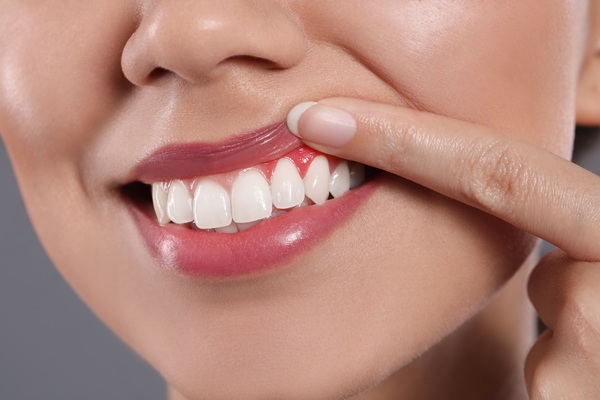Benefits of General Dentistry Preventive Treatments

Looking for information on general dentistry preventive care? Many people think that routine appointments with a dentist are just for cleanings and examinations, however, that is far from the truth. These routine appointments can also be used for preventive care. Preventive care helps to keep the patient's teeth and gums in good oral health, by avoiding conditions like gum disease or cavities. A few examples of preventive care in general dentistry include dental sealant placement, fluoride application, frequent cleanings, and dental bonding.
There are a lot of benefits to getting preventive treatment from a general dentist. Read on to learn more.
How is general dentistry preventive treatment beneficial?
Outlined below are a few benefits of undergoing preventive treatment in a general dentistry setting. This information can be helpful to people who are considering routine preventive care.
Improves oral health
The main benefit of undergoing preventive care in a general dentistry setting is that it can improve oral health. Oral health is essential to good overall health. Having frequent cleanings and fluoride applications done can help ensure that the teeth are strong and healthy. Additionally, things like dental sealants can keep the back molar teeth protected, which prevents cavities, thus helping patients to not only maintain but improve their oral health.
Gets ahead of disease or infection
Any early warning signs of gum disease or cavities can be addressed with preventive care. Some patients are more prone to these conditions, which is where preventive treatment can be quite beneficial. For example, those who have had cases of gum disease in the past can undergo routine deep cleanings to ensure that the gum pockets are free of bacteria.
Boosts appearance
Preventive care also helps patients boost their appearance. A lot of preventive general dentistry maintenance includes simple cleanings, which can help keep the teeth in good shape, both cosmetically and functionally. When the teeth appear better, one's confidence is also much more likely to remain in good condition. Having better-looking teeth also encourages patients to maintain them in the future.
Early treatment
Preventive care in general dentistry allows patients to get early treatment for oral health conditions that could later become worse. Early treatment examples include dental bonding or sealants to address warning signs of cavities, decay, or breaks in the teeth. Other early treatment examples include fluoride application or a deep dental cleaning to address minor cases of gingivitis.
Other things to know
It is important to know that patients wanting preventive care can talk with a dentist about different options. Each person has varying needs, which means there may be other preventive care treatment options available to them.
Find out more today
Talking with a dentist is the best place to start. Any questions or concerns regarding preventive care can be properly addressed and an evaluation can be done in order to determine the most appropriate type of preventive care. Reach out today to find out more or to get scheduled with an appointment.
Request an appointment here: https://www.mountainstreamdental.com or call Mountain Stream Dental at (541) 359-3664 for an appointment in our Springfield office.
Check out what others are saying about our dental services on Yelp: General Dentistry in Springfield, OR.
Related Posts
Laser dentistry has been a popular method of dental care for the last several decades. Lasers are perceived as less painful and more effective than traditional dental treatment methods and can be used for a variety of procedures with a high degree of precision.With the use of lasers for dental procedures, patients experience less pain,…
Using the right toothbrush is part of preventive dentistry. Your dental health is more secure if you have the right tool for cleaning your teeth and gums. An effective toothbrush can help you reach your dental health goals. If you want to know the basics of choosing the right toothbrush as part of preventive dentistry,…
It is easy to assume all gum disease is the result of poor oral hygiene. In many cases, it is. However, red or swollen gums can also be an indication of other health concerns completely unrelated to oral care. Because these conditions can be serious, it is important to pay attention to any changes or…
When it comes to restoring damaged or weakened teeth, dental crowns provide an effective and lasting solution. Dental crowns are custom-made caps placed over a tooth to restore shape, size, strength, and appearance. Understanding the different types of dental crowns available can help patients make informed decisions about their dental care.Porcelain crowns are crafted entirely…


